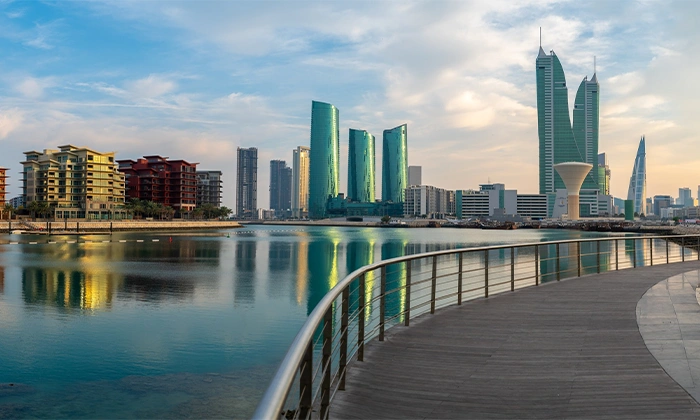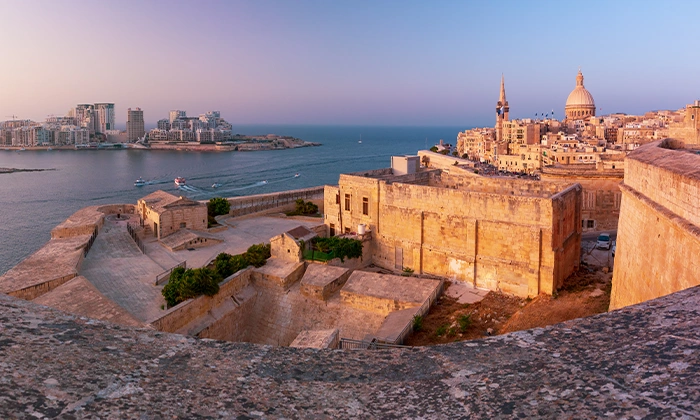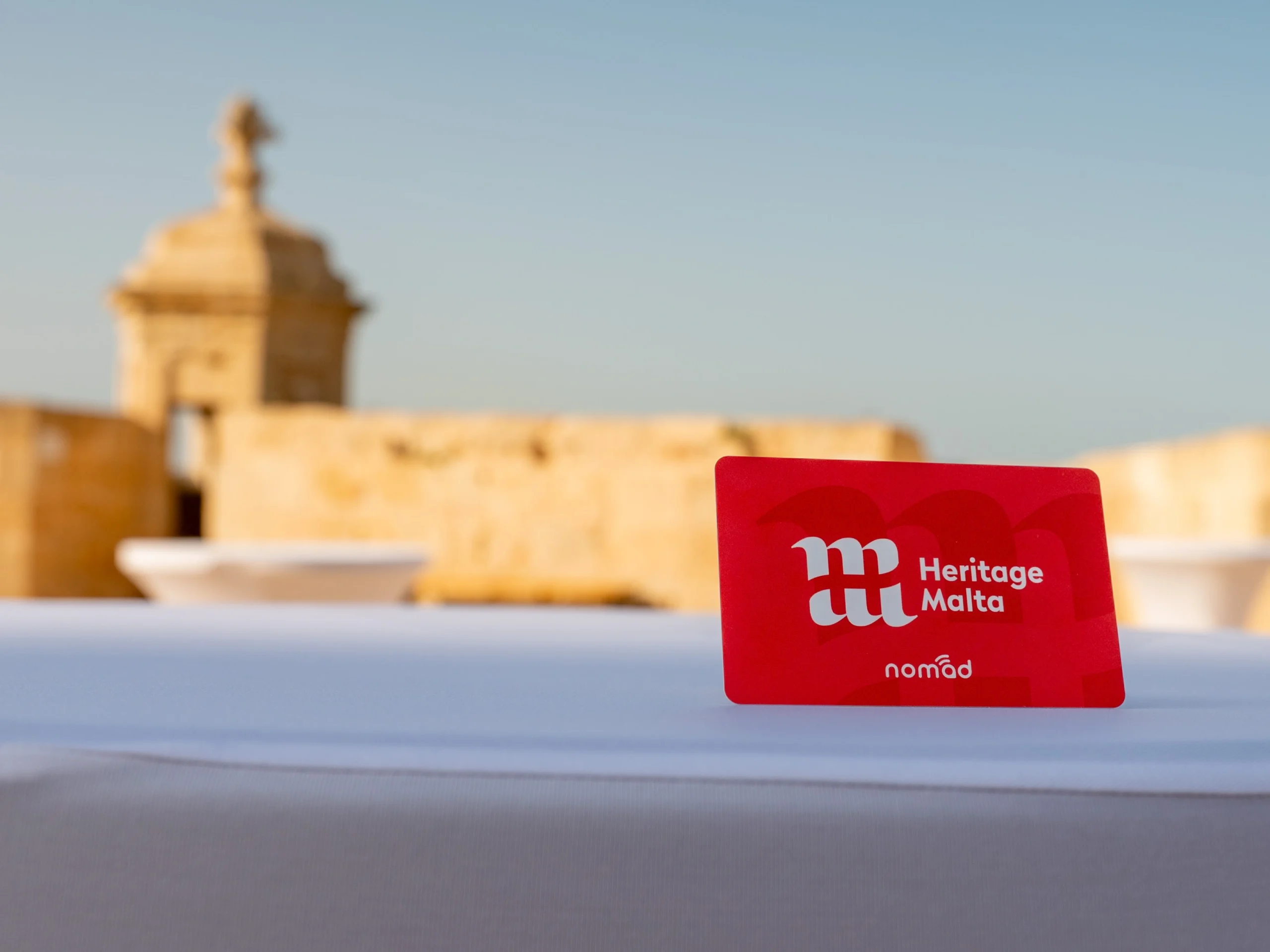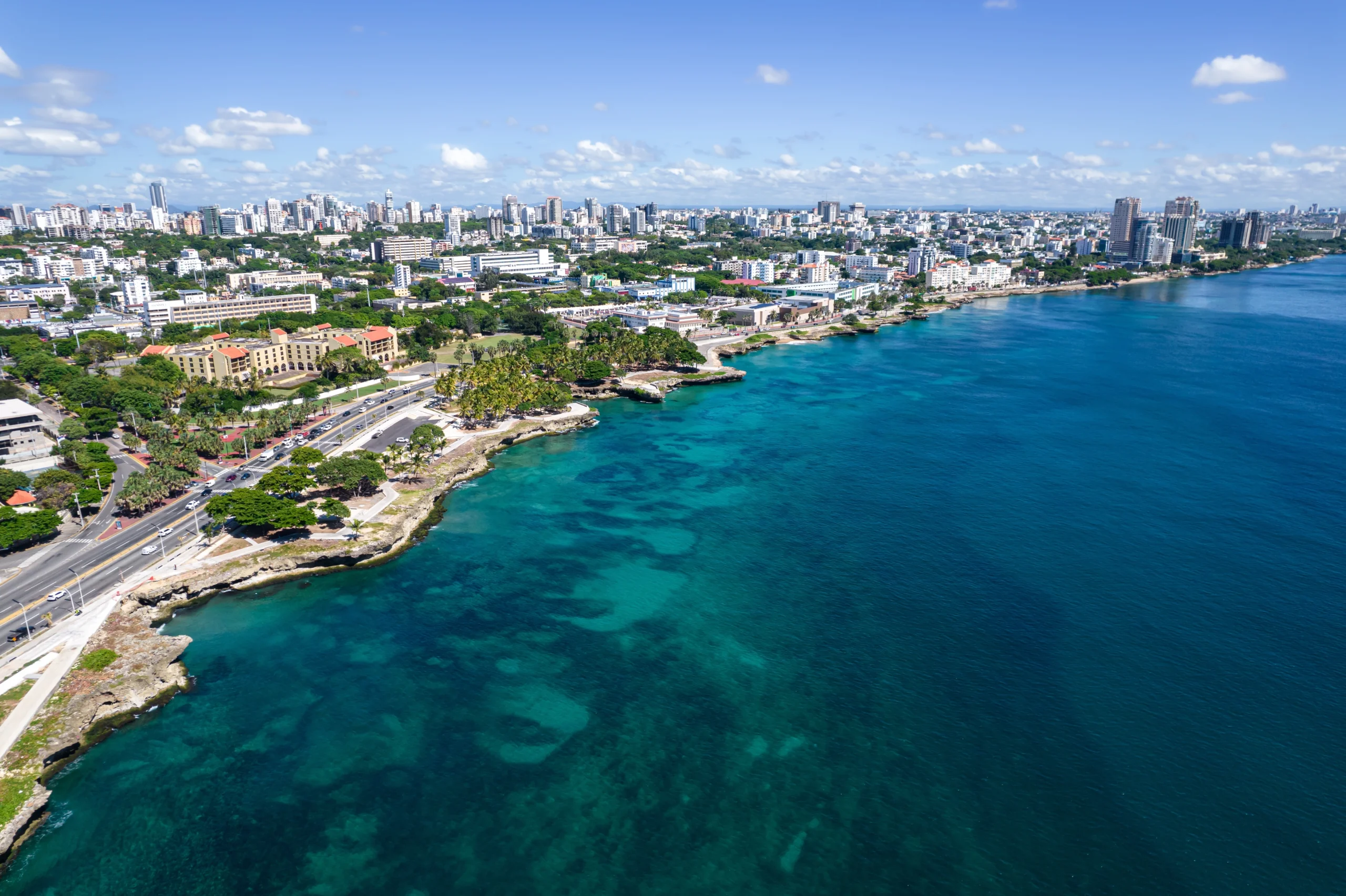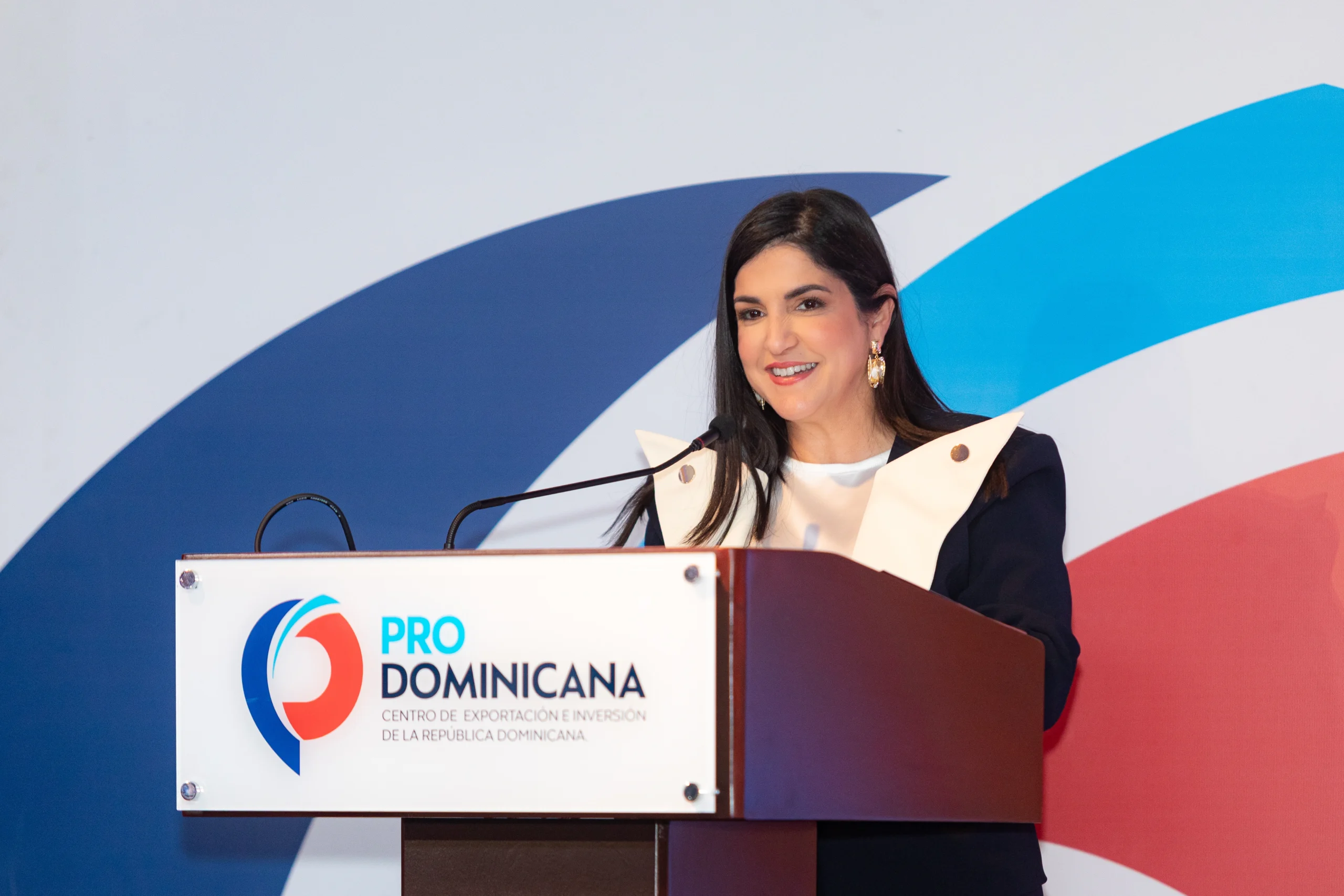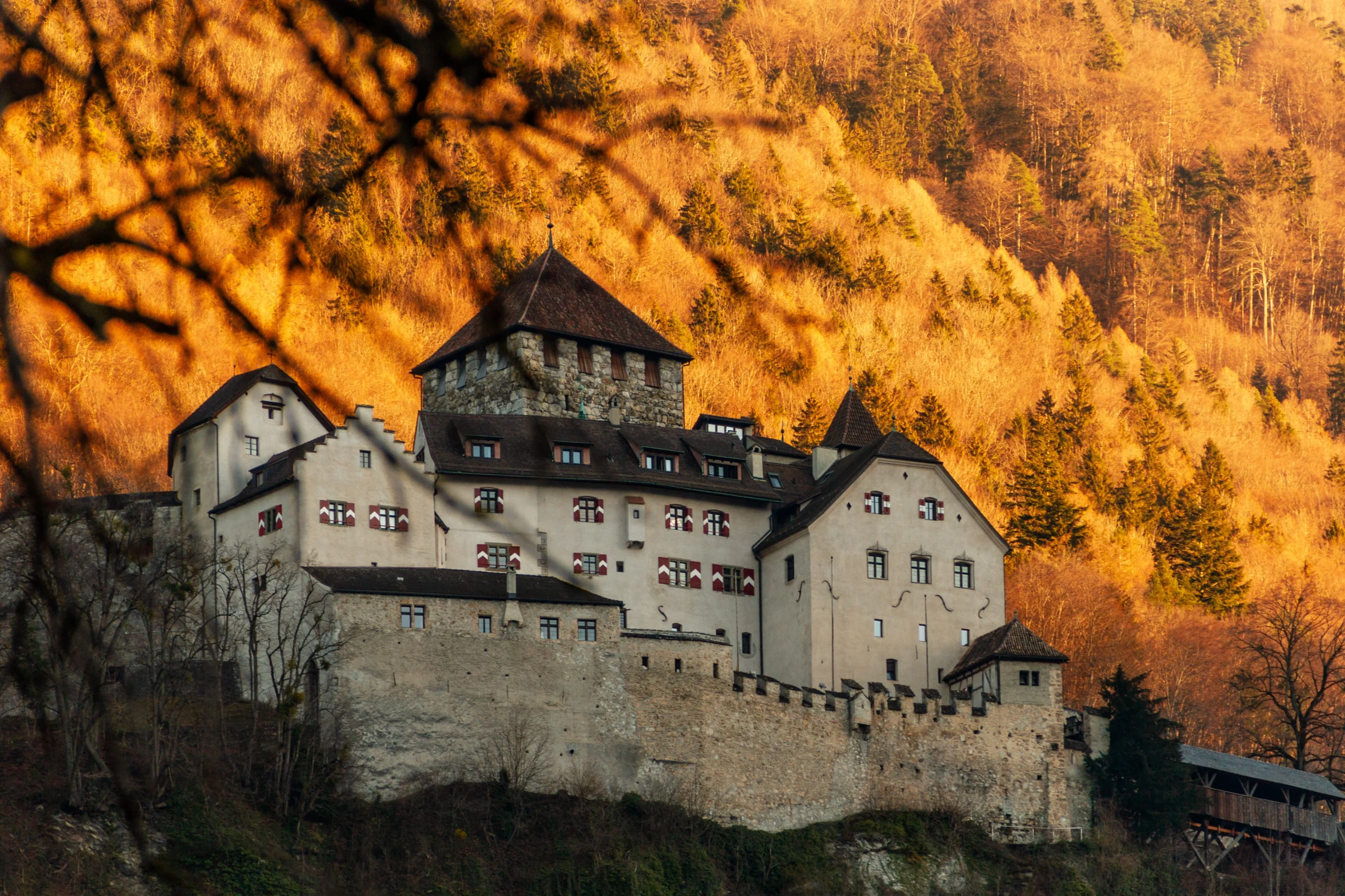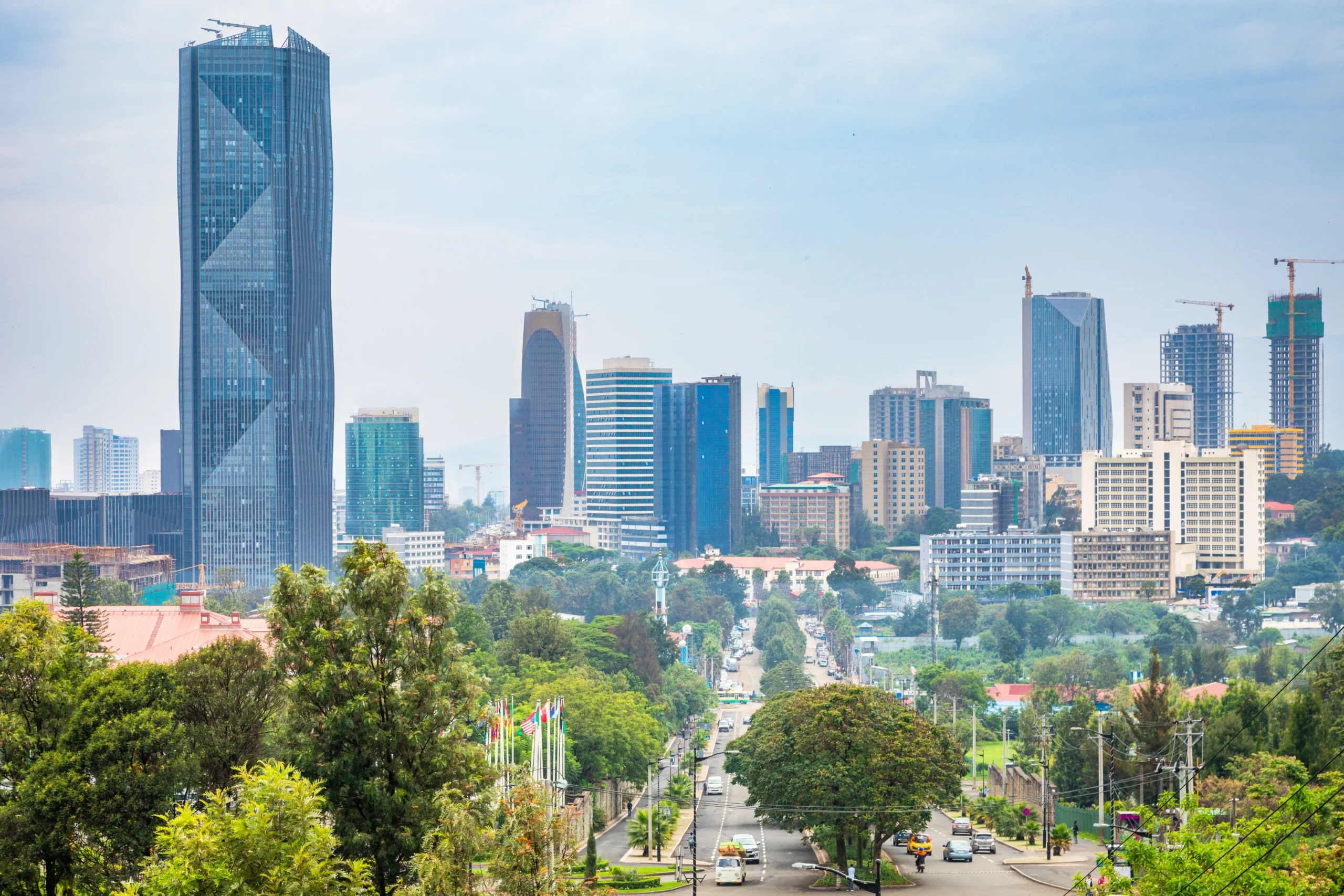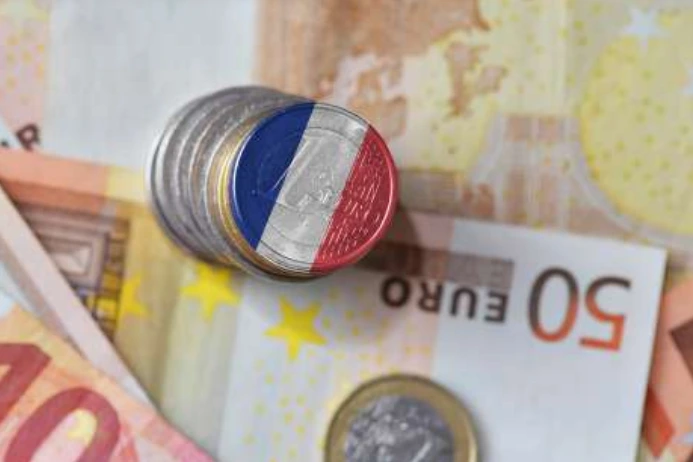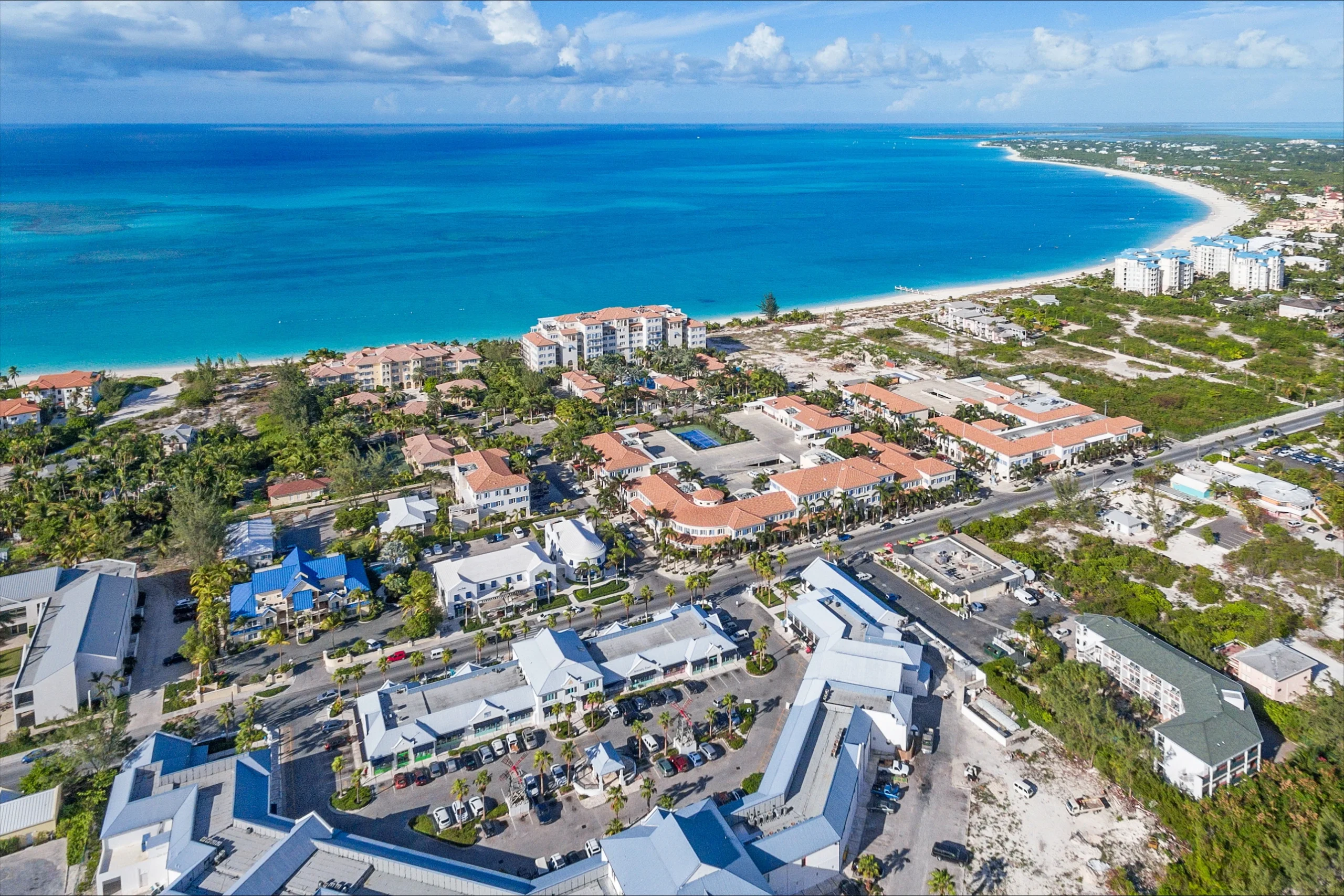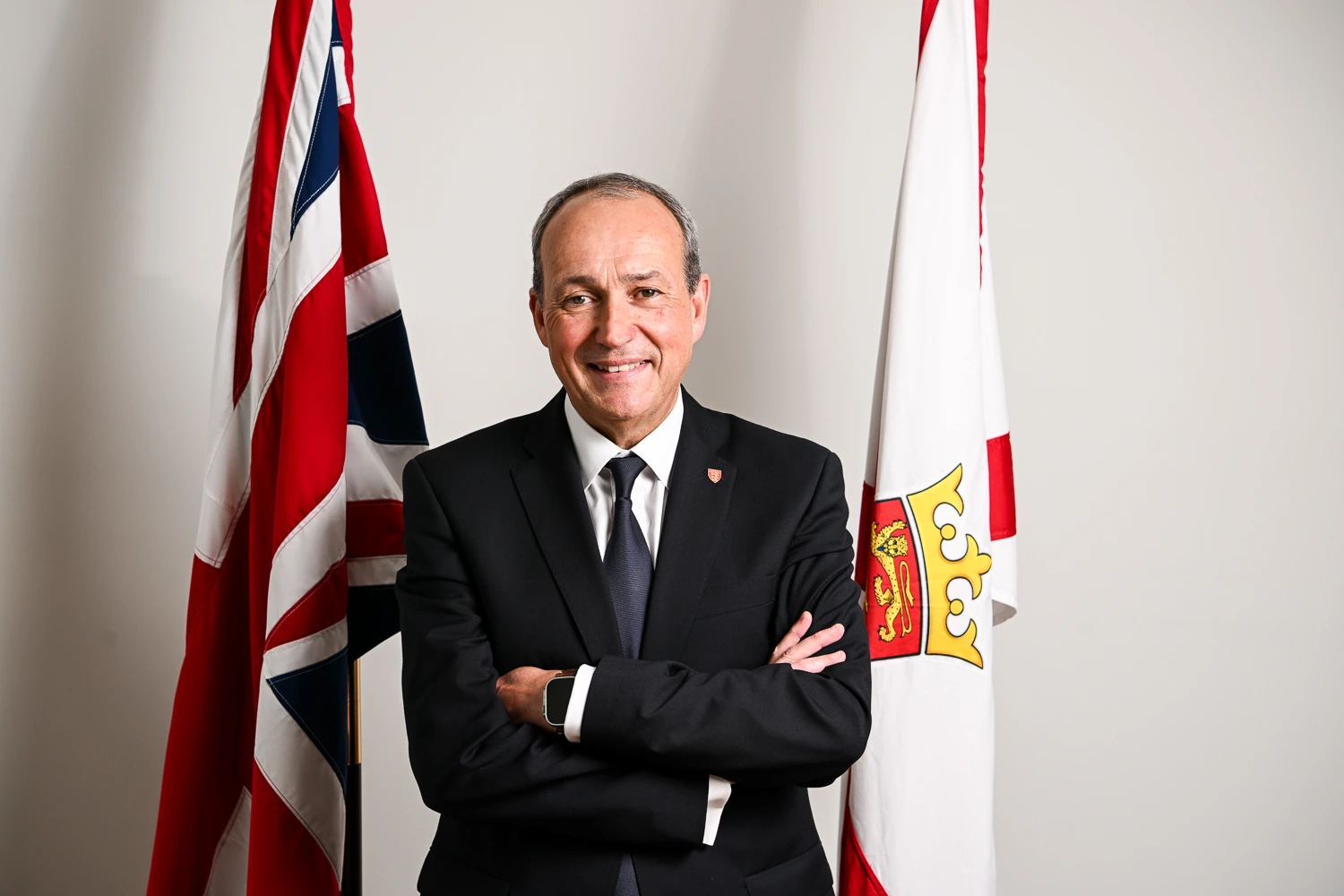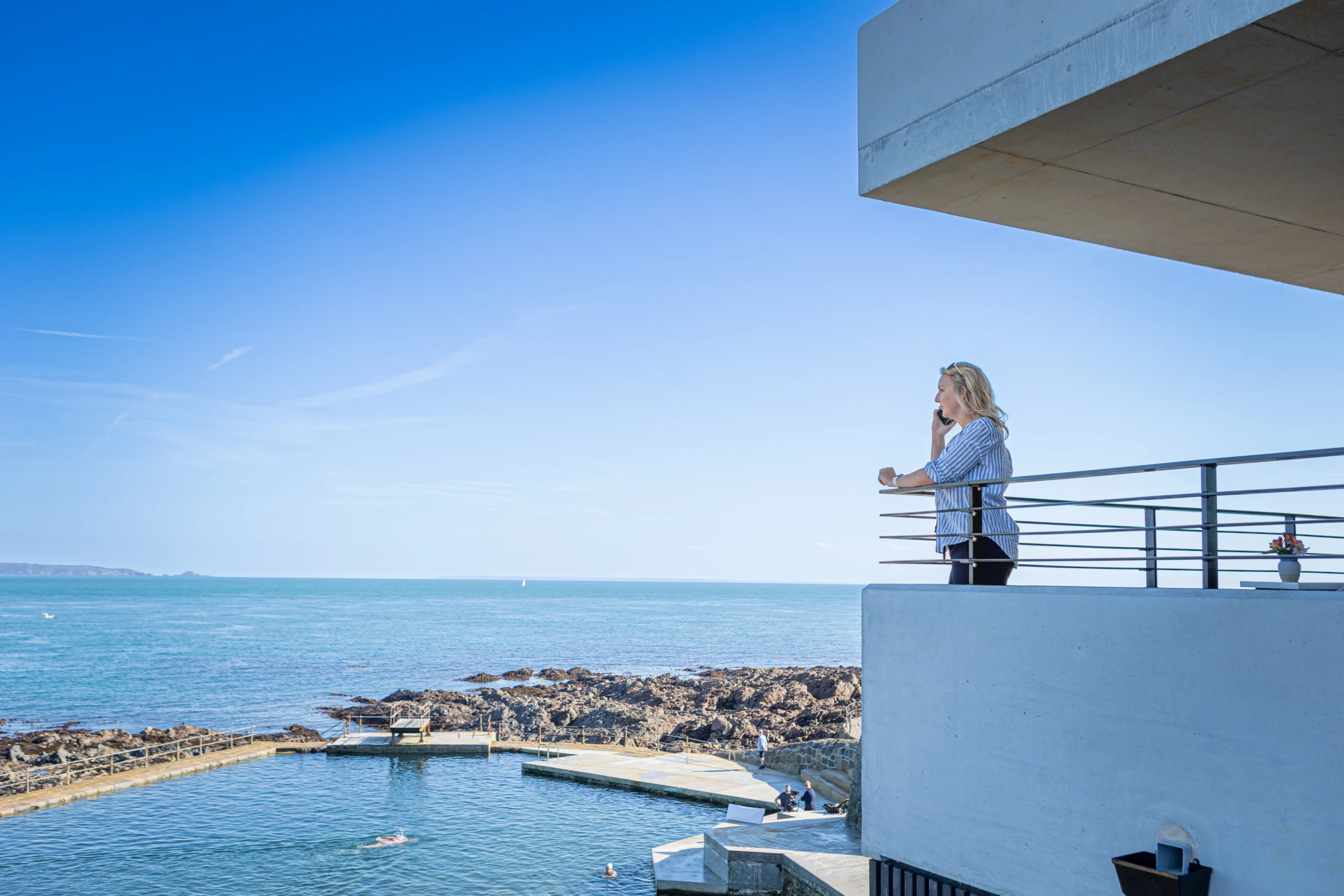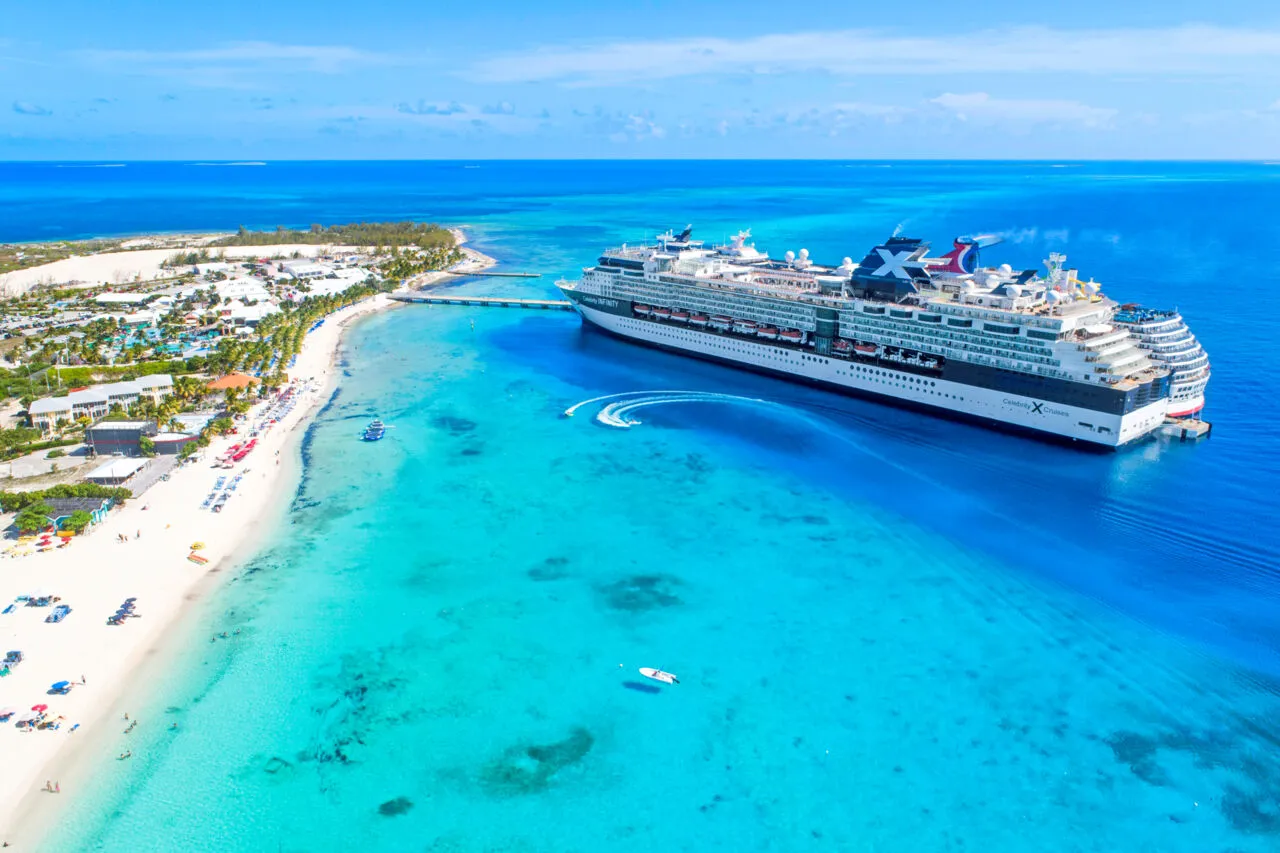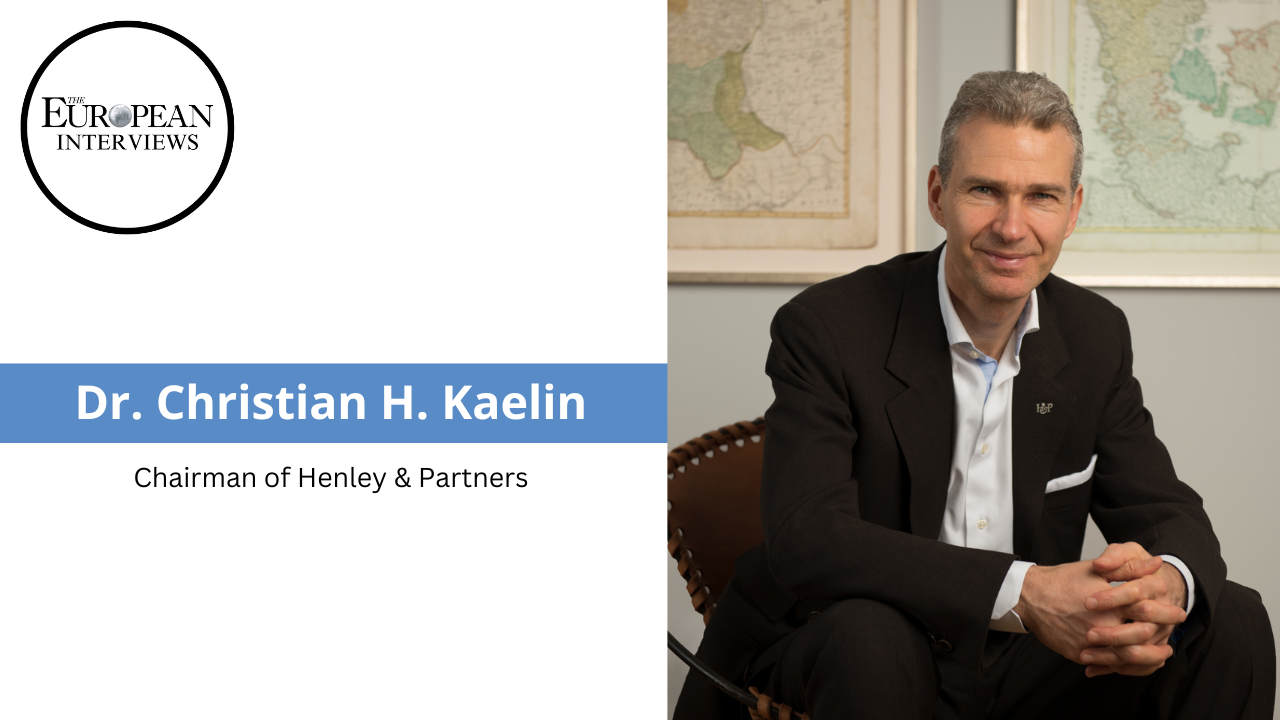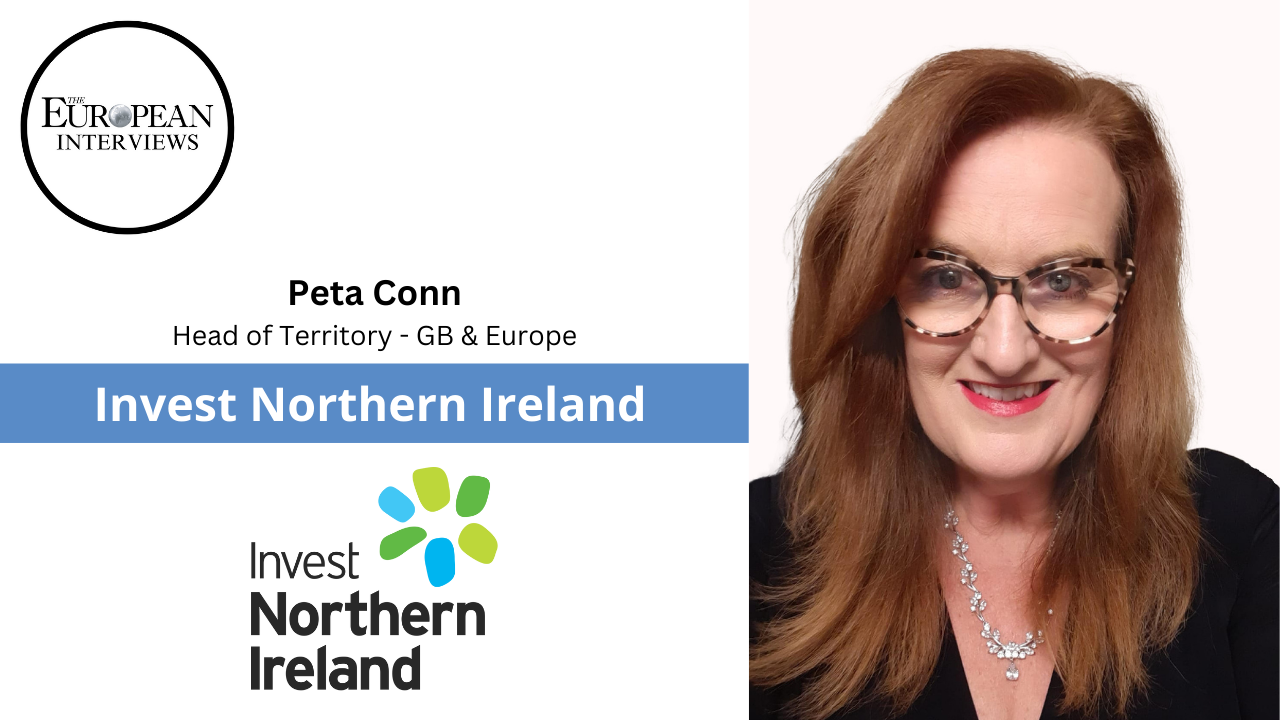The heartbeat of European business

John E. Kaye
- Published
- Foreign Direct Investment, Home
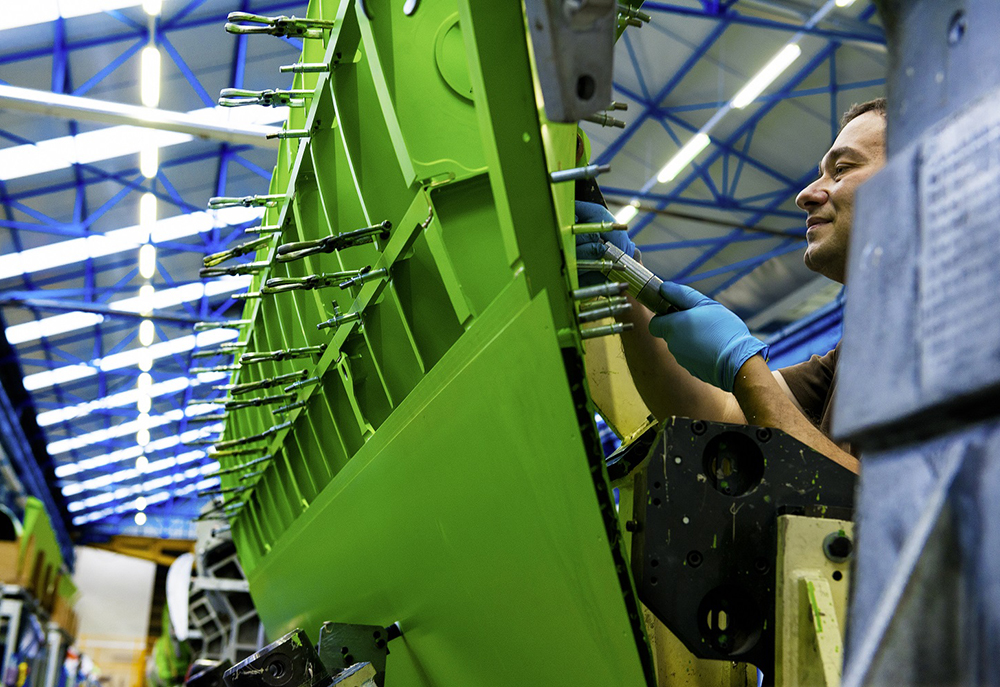
Just an hour from the centre of Brussels and two hours by train to Paris, Amsterdam, London, and Frankfurt, visitors arriving at Charleroi airport in Wallonia know that they are at the heart of European business. Home to a third of Belgium’s population, Wallonia’s modern infrastructure connects more than 200 business and industrial parks with Europe’s major transport corridors.
On the doorstep of the Belgian capital, Wallonia offers unparalleled access to the offices of the European Union, NATO as well as over 1,700 corporate headquarters.
Let’s talk business
When it comes to gaining a commercial advantage, Wallonia offers some of the most favourable corporate tax rates in Europe at between 26 and 28%. Plus, there is an attractive tax system for expatriates, corporates and shareholders. Furthermore, the self-financing portion of any given investment is tax deductible, or what is known as a “notional interest” system.
In addition to this appealing tax system, investors receive European and regional financial aid that is completely tax-free; in some parts of the territory, it can be up to 30% of the investment for large companies and 35% for SMEs. Thanks to the quality of Wallonia’s regional administrations and its administrative fluency, a company can be created in just four days – a highly competitive commercial prospect.
The region’s human capital is also an area of considerable strength. The talent pool in Wallonia is highly skilled, multilingual and driven by success. Productivity is among the highest in the world, and the unique Belgian approach to national and local government ensures consensus is achieved on domestic matters; the nation therefore always moves forward as one.
Wallonia is defined by its international outlook. Like the Netherlands, the region is one of the world’s largest per capita exporters and the recent decision by the Alibaba Group to make Liège Airport its platform for entry into the European market only reinforces the region’s global approach. When companies establish operations in Wallonia, they become part of a streamlined export-oriented business infrastructure. Openness to the world comes as standard, along with a raft of financial incentives. While Wallonia represents approximately 0.1% of world GDP, Walloon companies account for 0.3% of world trade, and almost 70% of the overall turnover of Walloon firms goes on exports (the EU average: 30%), one of the highest export rates in the world.
From tradition to innovation
With its legacy of disused factories and mines, exploring Wallonia provides a fascinating glimpse into what this 19th century industrial powerhouse would have looked like. But the region’s economy has not remained frozen, a remnant of a landscape now dedicated to tourism. Wallonia’s historic sectors, such as the steel industry, glassmaking and industrial chemical production, have evolved to embrace cutting-edge technologies and diversified production processes, enabling the companies of Wallonia to maintain their status as world-class players. The largest foreign investment in 2019 was by steelmaker NLMK, which injected €150m to modernise its production unit in La Louvière.
Alongside these historic mainstays of the region’s economy, a new generation of companies has been emerging. For more than a decade, a focus on cutting-edge sectors including aeronautics, space, life sciences, ICT, audio-visual, agronomic, agri-food technologies and environmental technologies has shaped a dynamic new commercial proposition.
With nine universities, 130 higher education institutions, 300 research centres, six science parks and over 11,000 researchers, Wallonia is world-renowned for its ability to innovate and develop the products that science and technology depends upon. R&D expenditure by Walloon companies represented 2.7% of the region’s GDP in 2017, placing the R&D effort of the private sector in Wallonia well above the EU average of 2.2%. Moreover, 78% of R&D expenditure in Wallonia is by private sector companies, which again represents a much higher proportion than that of the EU average of 67%.
Wallonia provides a unique gateway to the EU’s 500 million consumers, with Alibaba, Google, Ferrero, GSK, NLMK, MaSTherCell, Baxter, among the global roster of companies to have felt the full benefits of doing business in the region. From a platform of elite academic, financial, and human resources, these companies know that their global ambitions are safe
in Walloon hands.
The dynamic role that Wallonia plays is not without historic precedence: more than 2,000 years ago Julius Caesar wrote that in these lands he had found some of the bravest warriors in the Roman Empire. Those warriors, it seems, have become extremely good business partners.
Further information
RECENT ARTICLES
-
 Zanzibar’s tourism boom ‘exposes new investment opportunities beyond hotels’
Zanzibar’s tourism boom ‘exposes new investment opportunities beyond hotels’ -
 Residence and citizenship planning is reshaping global wealth strategies
Residence and citizenship planning is reshaping global wealth strategies -
 Building sovereign bridges by attracting global investors
Building sovereign bridges by attracting global investors -
 Bahrain cuts property investment threshold for golden residency
Bahrain cuts property investment threshold for golden residency -
 Where mobility meets opportunity: Malta’s strategic advantage for global investors and innovators
Where mobility meets opportunity: Malta’s strategic advantage for global investors and innovators -
 UK government sets up Women in Tech taskforce amid gender imbalance concerns
UK government sets up Women in Tech taskforce amid gender imbalance concerns -
 Malta introduces Nomad Heritage Card for remote professionals
Malta introduces Nomad Heritage Card for remote professionals -
 How free global cities could reshape the future of migration
How free global cities could reshape the future of migration -
 Dominican Republic positions itself as Caribbean hub for sustainable trade and investment
Dominican Republic positions itself as Caribbean hub for sustainable trade and investment -
 Biviana Riveiro Disla speaks to The European about the Dominican Republic’s role as a hub for trade and investment
Biviana Riveiro Disla speaks to The European about the Dominican Republic’s role as a hub for trade and investment -
 Liechtenstein tops global index for foundations
Liechtenstein tops global index for foundations -
 Keeping the door open: wealthy UK citizens investing their way back into the EU
Keeping the door open: wealthy UK citizens investing their way back into the EU -
 Ethiopia emerges as a sustainable investment leader on the African stage
Ethiopia emerges as a sustainable investment leader on the African stage -
 France’s FDI renaissance marks a Nouvelle Ère for Europe
France’s FDI renaissance marks a Nouvelle Ère for Europe -
 The Turks and Caicos Islands: A new era for financial services and innovation
The Turks and Caicos Islands: A new era for financial services and innovation -
 Jersey in focus – an interview with Chief Minister Deputy Lyndon Farnham
Jersey in focus – an interview with Chief Minister Deputy Lyndon Farnham -
 Malta – a popular base for digital nomads
Malta – a popular base for digital nomads -
 Move to Guernsey: The Channel’s island gem
Move to Guernsey: The Channel’s island gem -
 Malta’s residency-by-investment programme: a clear path to permanent residency
Malta’s residency-by-investment programme: a clear path to permanent residency -
 The banking shift that Europe’s businesses can’t afford to ignore
The banking shift that Europe’s businesses can’t afford to ignore -
 High-net-worth Europeans turn to investment migration amid security fears
High-net-worth Europeans turn to investment migration amid security fears -
 Beyond the beaches: a spotlight on the Turks and Caicos Islands
Beyond the beaches: a spotlight on the Turks and Caicos Islands -
 Video Interview with Dr. Christian H. Kaelin of Henley & Partners
Video Interview with Dr. Christian H. Kaelin of Henley & Partners -
 Ireland’s resilience and future in Foreign Direct Investment
Ireland’s resilience and future in Foreign Direct Investment -
 Video Interview with Peta Conn of Invest Northern Ireland
Video Interview with Peta Conn of Invest Northern Ireland




